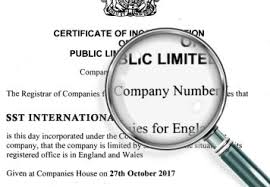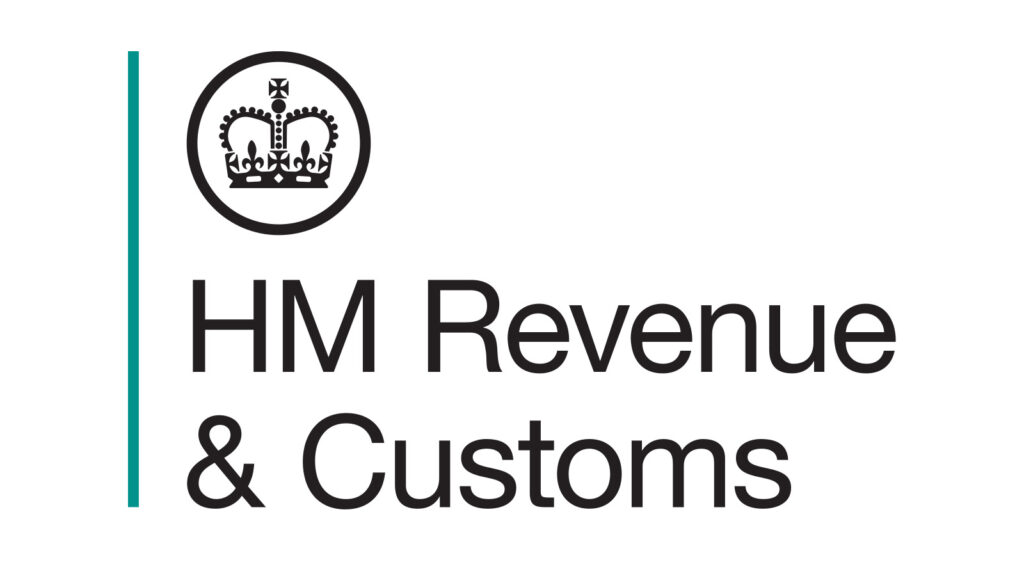-
By juan
- In Uncategorized
Requirements for Setting up a Company in England
The requirements for setting up a company in England are reasonable, and the process is relatively straightforward and accessible for both UK nationals and foreign entrepreneurs.
Thanks to a favourable business environment and clear regulations, many choose to establish their ventures in the country.
However, it is essential to be fully aware of the legal and administrative requirements before starting the process.
In this article, we outline the key steps and essential criteria for establishing a company in England.

Contents
1 First of the Requirements for Setting up a Company in England.
2 Registering with Companies House
3 Obtaining the Unique Taxpayer Reference (UTR)
4 Registering for VAT
5 Opening a Business Bank Account in the UK
6 Tax and Accounting Obligations, Taxes in the UK
7 Requirements for Setting up a Company in England for Foreign Entrepreneurs
8 Conclusion on Requirements for Setting up a Company in England
1 First of the Requirements for Setting up a Company in England.
The first requirement for setting up a company in England is choosing the appropriate legal structure.
The main types of company in the UK are as follows:
Sole Trader is the simplest legal form. The individual and the business are legally the same, meaning the sole trader is personally liable for all business obligations.
Partnership is similar to a civil partnership or joint venture in other countries. This structure allows two or more individuals to share management responsibilities and liabilities.
Private Limited Company (LTD Company) is the most common type of company in the UK. It limits shareholders’ liability to the amount of capital they have invested.
It is worth noting the comparison between an LTD in the UK and an SL in Spain, as they share several similarities in structure and purpose.
Public Limited Company (PLC) is the structure typically used by large companies, and it requires a minimum share capital of £50,000 to be formed.
Its public status refers to the fact that its shares can be offered to the general public.
2 Registering with Companies House
The second requirement for setting up a company in England is to register with Companies House.
To do so, you must submit the following documentation:
- Memorandum of Association sets out the intention of the founding members to form the company.
- Articles of Association serve as the company’s internal rulebook, outlining how it will be governed and managed.
- Form IN01 provides key information about the company’s directors, shareholders, and registered office.
It is also important to ensure that the chosen company name does not conflict with that of any existing registered entity.
3 Obtaining the Unique Taxpayer Reference (UTR)
Following registration, HM Revenue & Customs (HMRC) issues a Unique Taxpayer Reference (UTR).

This number is essential for submitting tax returns and managing the company’s financial affairs.
4 Registering for VAT
If the company’s annual turnover exceeds £90,000, it is mandatory to register for VAT (Value Added Tax).
You must complete this registration through the HMRC website.
5 Opening a Business Bank Account in the UK
While not a legal requirement, opening a business bank account in the UK is highly recommended, as it helps to clearly separate the company’s financial operations.
Most banks will require the following:
- Company documentation.
- Personal identification for directors and shareholders
- A registered address in the UK.
An increasingly popular option is to open a Revolut bank account, which offers a convenient and flexible digital banking solution
6 Tax and Accounting Obligations, Taxes in the UK
When establishing a company in England, you are subject to financial reporting requirements and UK tax regulations.
The main taxes in the UK include Corporation Tax, VAT, PAYE (Pay As You Earn), and National Insurance Contributions.
While engaging consultancy services in the UK is not mandatory, it can be extremely helpful in ensuring compliance with these obligations.

7 Requirements for Setting up a Company in England for Foreign Entrepreneurs
Foreign entrepreneurs can set up a company in England without the need for residency.
However, it is advisable to have a business address in the country.
There are domiciliation services available that offer virtual addresses to help meet this requirement.
8 Conclusion on Requirements for Setting up a Company in England
Establishing a company in England is a relatively simple process if the correct steps are followed.
From choosing the type of company to registering with Companies House and ensuring compliance with tax obligations, each step is crucial for ensuring a legal and efficient operation.
Engaging professional advice can streamline the process and help avoid mistakes that could lead to legal or financial issues in the future.